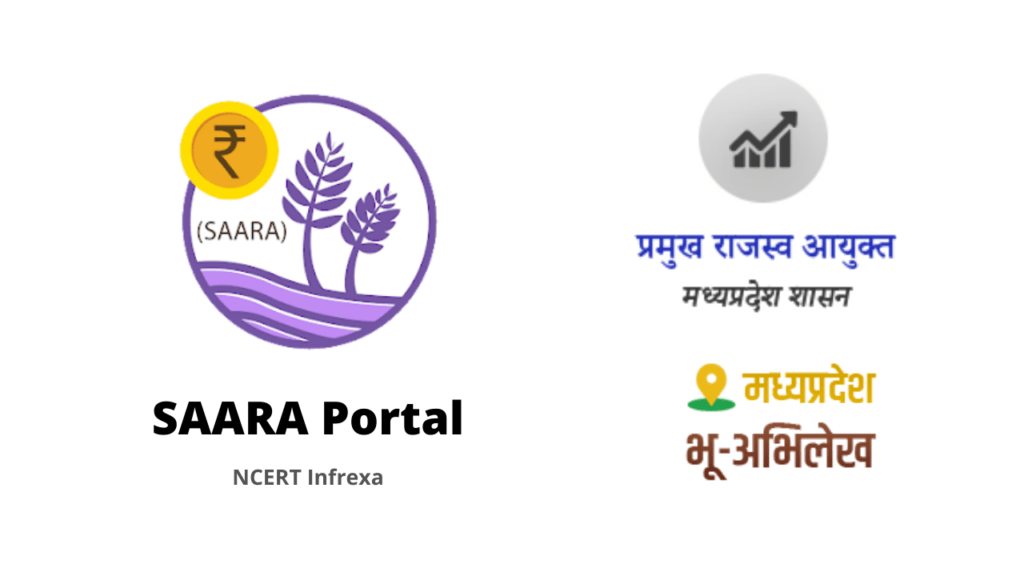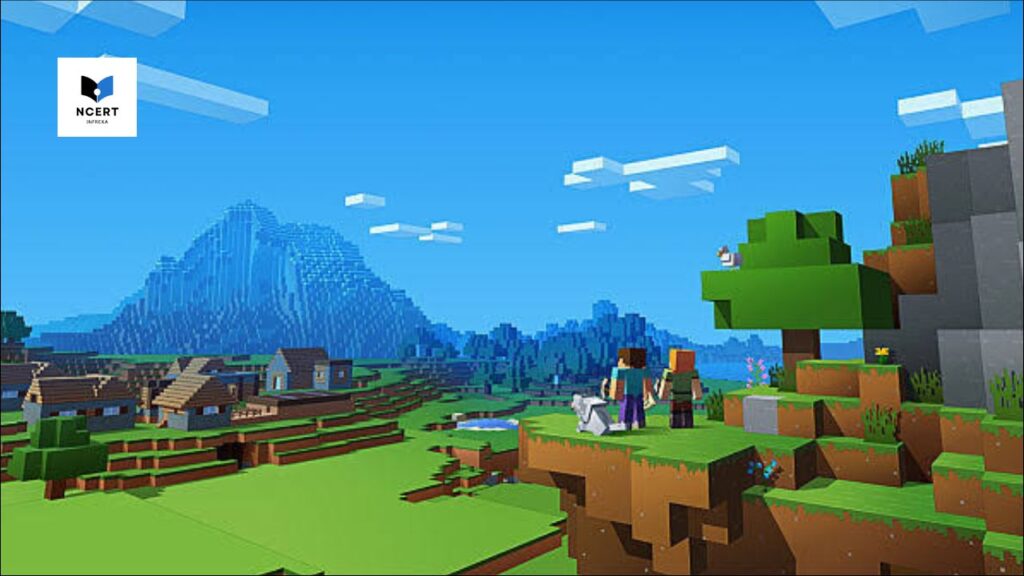The Education Commission of 1964–66, universally known as the Kothari Commission, was officially established by the Government of India on 14 July 1964 and functioned until June 1966. Chaired by renowned physicist Dr. Daulat Singh Kothari (1906–1993), who also served as the Vice-Chancellor of the University of Delhi and the Chairman of the University Grants Commission (UGC). The Commission is widely regarded as the most comprehensive and visionary inquiry in the history of Indian education policy. Unlike earlier commissions such as Hunter (1882), Sargent (1944), and Mudaliar (1952–53), it examined all levels of education- from primary to higher – and linked education directly with the nation’s development goals. Its true significance lies not just in its wide-ranging recommendations but in its foundational philosophy, which viewed education as an instrument of social transformation, national integration, and modernization, rather than merely an administrative or academic reform.
There were 17 members in the commission. The Commission’s official report, submitted in 1966, was titled “Education and National Development: Report of the Education Commission, 1964–66”. This title captured its central and radical idea – that education must be the primary tool for achieving national goals, social transformation, and economic productivity. The report famously declared, “The destiny of India is now being shaped in her classrooms,” highlighting education’s centrality in shaping the nation’s future.
It also argued that investment in education is not a cost, but an investment in the nation’s future, recommending that India allocate at least 6% of its GDP to education – a benchmark that continues to influence national policy frameworks such as NEP 1986 and NEP 2020.
Aims and Core Philosophy
The Kothari Commission envisioned a complete restructuring of India’s education system so that learning would become a direct instrument of national reconstruction, social progress, and economic modernization. The Commission recognized that India’s future as a developing nation depended on a system of education capable of cultivating human potential, promoting equality, and driving scientific advancement.
Its core philosophy rested on four interconnected aims and objectives, which continue to shape India’s education policy today:
- Connecting Education to National Life:
The Commission emphasized that education must be closely linked with the nation’s real-life needs, especially in agriculture, industry, commerce, and science. It proposed integrating productive work and social service within the curriculum so that education would no longer remain detached from the country’s economic realities and rural development goals. - Social and National Integration:
The report placed immense importance on promoting unity in diversity by nurturing democratic, secular, and ethical values. Education, it argued, should serve as a unifying force – helping students transcend linguistic, regional, and caste-based divisions while fostering respect for India’s pluralistic heritage and constitutional ideals. - Modernization through Science and Inquiry:
The Commission advocated for the cultivation of a scientific temper and critical thinking, seeing these as essential for modernization and technological progress. It recommended that schools and universities encourage curiosity, creativity, and evidence-based reasoning – values vital for building a knowledge-based society. - Internal Transformation of the System:
To sustain reform, the Commission proposed creating a dynamic, flexible, and nationally integrated pattern of education that could respond to changing social, economic, and technological needs. This included redesigning curricula, teacher training, and administrative structures to make education more efficient, inclusive, and future-oriented.
Major Recommendations and Lasting Influence
The Commission’s proposals were vast, covering everything from finance to evaluation. The following points represent the pillars of its suggested framework:
1. Structure and Access (Universal Education)
I. The 10+2+3 Pattern:
The Commission proposed a structural reorganization – 10 years of general schooling, 2 years of higher secondary, and 3 years for a university degree. This model offered a consistent national framework for a diverse country and remains the standard even today.
II. Universal, Free, and Compulsory Education:
It emphasized providing free and compulsory schooling for all children up to age 14, reinforcing Article 45 (DPSP) of the Indian Constitution. This vision directly inspired the Right to Education Act (2009) decades later.
III. The Common School System (CSS):
Perhaps one of its most socially progressive ideas, the CSS advocated neighborhood schools where children from all backgrounds (regardless of socioeconomic background) would learn together. Though idealistic, its partial implementation led to greater awareness about educational equity – a principle still central to current NEP 2020 discussions.
2. Curriculum and Language
I. Three-Language Formula:
To preserve India’s linguistic diversity while promoting national unity, the Commission recommended the study of three languages – mother tongue/regional language, Hindi (or another Indian language), and English (or another foreign language). This complex structure was designed to balance regional identity with national unity and global access.
II. Work Experience and Social Service:
The report stressed connecting education with productivity by integrating work experience and social service into the curriculum. This sought to reduce the alienation between academic learning and real-life application, especially in agriculture and industry.
3. Teachers and Evaluation
I. Professional Status of Teachers:
Recognizing teachers as “the most important single factor in the educational reconstruction,” the Commission called for improved pay, job security, and professional growth opportunities – key to enhancing both morale and quality.
II. Examination Reforms:
The Commission proposed shifting from rote-based, terminal exams to Continuous and Comprehensive Evaluation (CCE). The idea was to encourage creativity, emotional development, and critical thinking over memorization – a concept later revived under the NCF 2005 and CBSE reforms.
4. Financial Commitment
6% of GDP Benchmark: Perhaps the most famous and lasting recommendation, the Commission urged the government to allocate at least 6% of the National GDP to education, considered the minimum for meaningful reform. Although rarely met in practice, it remains India’s symbolic policy target and continues to be cited in every national education framework since 1966.
The Critical Educator’s Perspective
Having worked closely with policies and classroom realities shaped by the Kothari Commission’s philosophy, I’ve come to understand its greatest strength – and its most painful limitation. The report provided India with a visionary and comprehensive blueprint for an equitable, modern education system. Yet, over the decades, its implementation has been hindered by systemic inertia, inconsistent political will, and inadequate funding. The result is a persistent gap between recommendation and implementation (i.e, what the Commission imagined and what actually materialized in schools and universities):
I. The Failure of the 6% Target:
The Commission’s call for allocating at least 6% of the national GDP to education was meant to ensure steady growth and quality improvement. Unfortunately, this target was never consistently met in any Five-Year Plan. Even today, India’s public education spending remains below that threshold. This chronic underfunding continues to limit infrastructure, teacher training, and equitable access – keeping the dream of universal, high-quality education just out of reach.
II. The Misinterpretation of CCE:
The Continuous and Comprehensive Evaluation (CCE) system, one of the most progressive ideas drawn from the Commission’s philosophy, was meant to nurture creativity, emotional growth, and conceptual understanding. However, in practice, it often turned into excessive documentation and frequent low-stakes testing, losing sight of its central goal – to make learning stress-free and genuinely comprehensive. This bureaucratic distortion diluted what could have been a revolutionary assessment reform.
III. The Common School System Gap:
The Common School System (CSS) was envisioned as a bold step toward social equity – where children from all backgrounds would learn together, erasing barriers of class and caste. Yet, the policy was rarely implemented beyond pilot projects, and India’s education landscape instead became increasingly privatized and unequal. Elite schools flourished while government schools struggled with resources, recreating the very divisions the Commission sought to eliminate.
In hindsight, the Kothari Commission remains a masterpiece of educational thought – its failure lies not in its ideas, but in our collective inability to act on them with the same vision and urgency.
Kothari’s Legacy in the National Education Policy (NEP) 2020 & Modern Relevance
The endurance of the Kothari Commission’s vision is best seen in how the National Education Policy (NEP) 2020 directly addresses its past recommendations, acting both as an evolution and a final attempt to meet the 1966 goals.
| Recommendation Area | Kothari Commission (1966) | NEP 2020 (Modern Policy) |
|---|---|---|
| Structural Pattern | 10+2+3 (Focus on standardized stages) | 5+3+3+4 (Focus on Foundational, Preparatory, Middle, and Secondary stages) |
| Financial Target | 6% of GDP (Set the target goal) | 6% of GDP (Reaffirmed the long-standing, unachieved goal with renewed political will) |
| Language Policy | Three Language Formula (Mandated structure) | Flexibility in Three Language Formula (Stresses mother tongue instruction until Grade 5, with more subject/language choices later) |
| Curriculum Integration | Work Experience (Bridging theory and practice) | Vocational Integration (Mandating vocational education from Grade 6 to break down traditional academic silos) |
| Evaluation | Continuous and Comprehensive Evaluation (CCE) | Holistic Report Card (PARAKH) and shifting board exams to test conceptual clarity rather than rote learning. |
In conclusion, the Kothari Commission was instrumental in setting the moral, structural, and financial benchmarks for modern Indian education. It provided the intellectual foundation that all subsequent policies – including the National Policy on Education of 1986 and the NEP 2020 – have built upon, making it arguably the single most important policy document of the post-Independence era.



